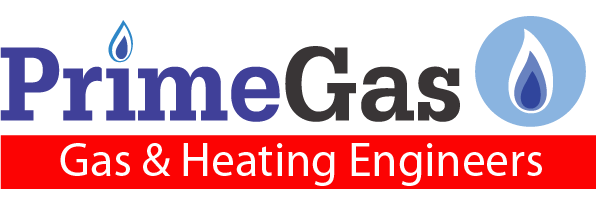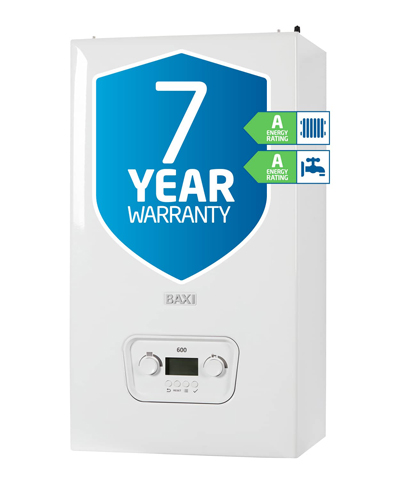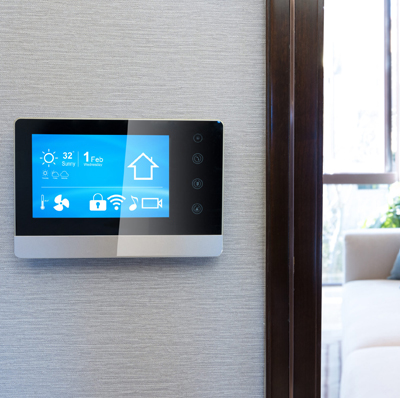As energy costs continue to rise homeowners are increasingly looking for ways to make their heating systems more energy-efficient. Upgrading your heating system not only reduces your carbon footprint but also offers significant savings on your energy bills.
In this guide, we’ll explore the key components of an energy-efficient heating solution and how you can implement them in your home.
High-Efficiency Boilers
Upgrading to a high-efficiency boiler is one of the most effective ways to reduce your home’s energy consumption. These modern boilers are designed to convert more fuel into usable heat, reducing waste and lowering your energy bills. Here’s why a high-efficiency boiler might be the right choice for your home:
- Increased Efficiency: High-efficiency boilers typically operate at 90% or higher efficiency, compared to older models that might only reach 70-80%.
- Lower Energy Bills: By converting more energy into heat, these boilers use less fuel to maintain the same level of warmth, translating to lower utility costs.
- Environmentally Friendly: Reduced fuel consumption means fewer emissions, making high-efficiency boilers a more eco-friendly option.
Smart Heating Solutions
Incorporating smart technology into your heating system is another step toward maximizing energy efficiency. Smart thermostats and zoned heating systems allow you to control your home’s temperature more precisely, reducing waste and enhancing comfort:
- Smart Thermostats: These devices learn your heating preferences over time and automatically adjust the temperature to optimize energy use. You can control them remotely via smartphone apps, ensuring your home is warm only when it needs to be.
- Zoned Heating: This system allows you to heat specific areas of your home rather than the entire house. By focusing heat on the areas in use, you can reduce energy consumption and avoid heating empty rooms unnecessarily.
Optimizing Energy Use
Optimizing how you use your heating system is crucial for maintaining energy efficiency. Simple adjustments to your settings can lead to significant savings:
- Energy-Efficient Settings: Set your thermostat to lower temperatures during the night or when you’re away from home. For example, lowering the thermostat by 1°C can reduce your heating bill by up to 10%.
- Regular Maintenance: Ensure your heating system runs efficiently by scheduling yearly maintenance. This prevents small issues from becoming costly problems and keeps your system operating at peak efficiency.
For a more in-depth look at the benefits of regular boiler maintenance and how it can keep your system running efficiently, check out our article on Boiler Maintenance.
Conclusion
Energy-efficient heating solutions not only help you save money but also contribute to a more sustainable future. Whether you’re considering a high-efficiency boiler, smart heating technology, or optimizing your energy use, these steps can significantly reduce your carbon footprint. For personalized advice and professional installation of energy-efficient heating systems.
Contact us today to get started.





